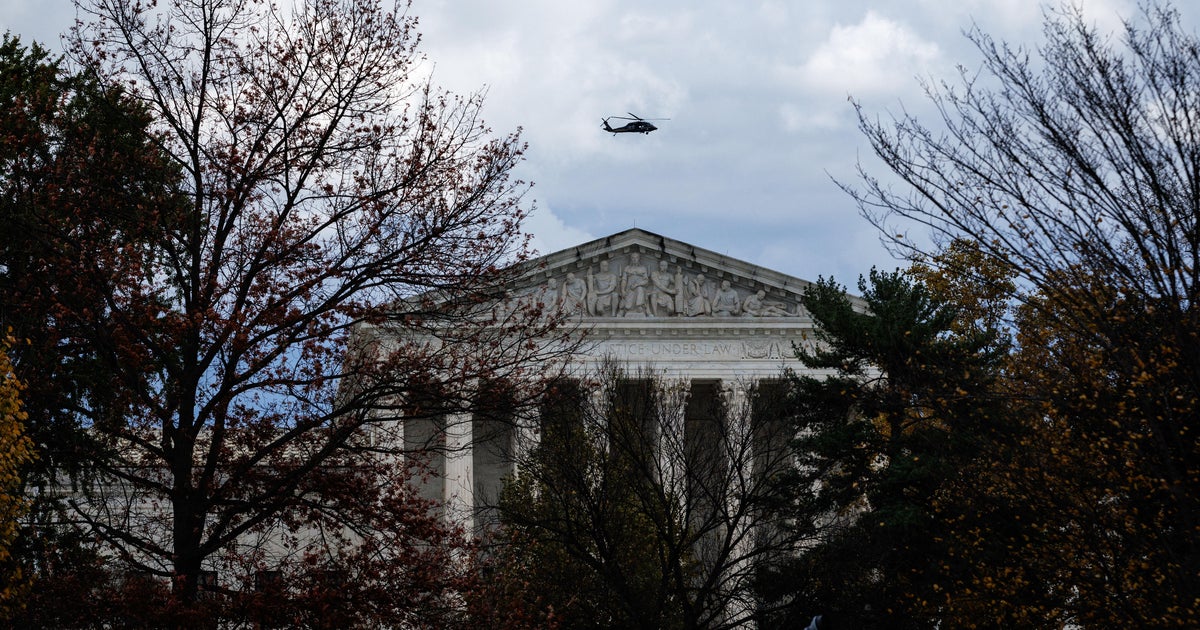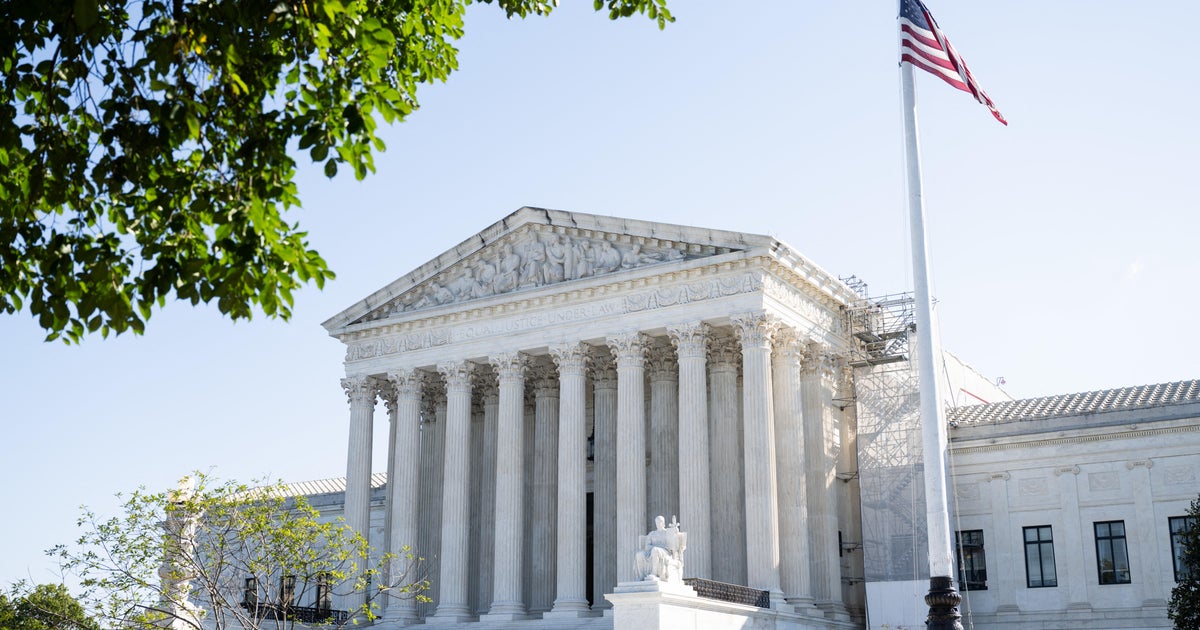Leonard Peltier To Joe Biden: ‘I’m Not Guilty. I Would Like To Go Home.’

Leonard Peltier knows his time is running out.
The Native American rights activist is 77, has serious health issues, just survived an ugly bout with COVID-19 and is now serving his 46th year in federal prison ― where the U.S. government put him without any evidence that he committed a crime.
Peltier and his supporters are holding out hope that President Joe Biden will finally send him home. Because, if anything has become clear with time, it’s just how troubling Peltier’s imprisonment has been from the start. Prosecutors in his trial hid key evidence. The FBI threatened and coerced witnesses into lying. A juror admitted she was biased against Native Americans on day two of the trial, but was allowed to stay on anyway.
Even some of the same U.S. government officials who helped put Peltier in prison in the first place have since admitted how flawed his trial was and how horribly the government has long treated Native Americans, and they have urged clemency for him.
There is reason to believe that Biden could, at last, give Peltier his freedom. He has already demonstrated a willingness to address past injustices against Native Americans. Since taking office, Biden has made it a priority to examine the government’s ugly history of Indian boarding schools, to protect sacred Indigenous sites and cultural resources, and to address the crisis of missing and murdered Indigenous women. He also canceled the Keystone XL oil pipeline, a major win for tribes and environmentalists.
Biden also chose Deb Haaland to lead his Interior Department, making her the nation’s first Indigenous Cabinet secretary. Haaland strongly advocated for Peltier’s release from prison in her former role as a member of Congress.
In November, HuffPost pressed Haaland on whether she still supports Peltier’s release in her role as interior secretary and whether she’s talked to the president about him. Haaland said only, “My thoughts and feelings about this issue are well-documented.”
If only Peltier had a few minutes alone with Biden himself. What would he say?
In a rare interview from his maximum security prison in Florida, Peltier recently told HuffPost that his message to the president would be simple.
“I’m not guilty of this shooting. I’m not guilty,” he said. “I would like to go home to spend what years I have left with my great-grandkids and my people.”
Kevin McKiernan/ZUMAPRESS.com
Peltier said he’s been following Biden’s efforts to support Native American rights and empower tribes, and if he had the president’s ear, he would give him credit for that.
“I appreciate what you’re doing by giving us our nationhood back, our sovereignty back,” he said he’d tell Biden. “I’m very grateful for that, because that’s what I was fighting for all my life.”
Before he was put in prison, Peltier was a member of the American Indian Movement, or AIM, a grassroots group of activists focused on drawing attention to federal treaty rights violations, discrimination and police brutality targeting Native Americans. Back in the 1970s, the FBI was running a covert campaign to suppress the activities of AIM. In fact, as time has revealed, the FBI is at least partly responsible for the shootout that day on Pine Ridge Reservation, as it was intentionally fueling intra-tribal tensions there in an effort to disrupt AIM’s efforts.
Today, the FBI remains the biggest obstacle to Peltier getting out of prison, for no clear reason other than wanting to shield itself from scrutiny over its past wrongdoings. The bureau simply doesn’t want him to ever be released. It recently made that clear to HuffPost ― even when we didn’t ask. This was very weird. The unsolicited statement it provided was also full of misinformation, which signals the FBI’s plan is to keep recycling a flimsy, face-saving argument for keeping Peltier in prison until he dies.
Peltier said he knows exactly what he would say to FBI Director Christopher Wray if he had the chance to talk to him alone for a few minutes.
“Stop killing my people. That’s all I would tell him,” he said. “Stop killing my people. Arrest the people that are guilty of crimes on the reservations.”

Kevin McKiernan/ZUMAPRESS.com
Perhaps Peltier’s greatest strength is something the FBI can’t match: the staying power of his story. For decades, thousands of people have been protesting his imprisonment ― including U.S. senators, members of Congress, Native American groups, celebrities and human rights leaders like Pope Francis, the Dalai Lama, Nelson Mandela, Coretta Scott King and Amnesty International, an organization otherwise focused on political prisoners in other countries.
Just last week, Sen. Brian Schatz (D-Hawaii), chairman of the Senate Indian Affairs Committee, pressed Attorney General Merrick Garland on the status of Peltier’s clemency petition as Garland testified in an unrelated Senate budget hearing. The U.S. attorney general offered a surprisingly weak response, saying he didn’t know about Peltier’s case beyond what he’s read in the press.
Pleas for Peltier’s release are also happening at the international level. On Tuesday, North Dakota state Rep. Ruth Anna Buffalo (D) gave a statement at the United Nations Permanent Forum on Indigenous Issues demanding clemency for him.
“The case of Leonard Peltier demonstrates the failure of the U.S. criminal justice system to provide real justice for Native Peoples as well as the government-generated environment of racism that consistently leads to unjust convictions,” Buffalo said in her statement, which she read aloud on behalf of the International Leonard Peltier Defense Committee. She urged the U.N. to push for “a means for relief and justice for Leonard Peltier.”
Buffalo later told HuffPost she felt her remarks were “well-received” at the U.N. forum.
“I hope the reading of the statement on behalf of the ILPDC will have a positive effect on the release of our elder, Leonard Peltier,” she said. “I’m thankful for the decades of advocacy in fighting for justice for Leonard Peltier.”
“I’m not guilty. I would like to go home to spend what years I have left with my great-grandkids and my people.”
– Leonard Peltier
Peltier is watching all of this play out from his prison cell. He gets regular updates from supporters on news stories that come out about him and rallies being organized in his name. He is surprisingly up to date on current news. Sometimes people mail him articles to read, and when he can’t access a relevant news story online, he has friends who will call in and read it to him over the phone, line by line.
During HuffPost’s interview with Peltier, he did most of the talking. He said he was scared recently by chest pains he’d had when he was walking across the prison yard and that he hopes to get back to painting after being denied access to the art room for years because of pandemic precautions.
Asked if he thinks he’ll make it out of prison before he dies, Peltier said he doesn’t know. To date, the White House has either ignored HuffPost’s questions about the president’s willingness to grant clemency to Peltier or talked only about the process a person must go through for requesting clemency.
“Sometimes it feels like, well…,” Peltier said, trailing off. “I shouldn’t even be here. … I should have never been in prison to start with.”
He is clearly still animated by the cause for justice for Native Americans that he was fighting for with AIM so many years ago. He told stories from his days in the 1970s, when he said Indigenous women were being routinely raped by white men who later got little or no punishment for it, and he and other AIM members would confront local law enforcement to do something about it.
Peltier specifically cited the case of former South Dakota Republican Gov. Bill Janklow, who allegedly raped a 15-year-old Lakota schoolgirl, Jancita Eagle Deer, at the Rosebud Boarding School on the Rosebud Indian Reservation. Eagle Deer was mysteriously killed by a car a few months after she testified against Janklow, who was never charged.
“Native people are humans and we had a society, a very advanced society of our own. We were generous people. We gave. That was our problem,” he said. “When the white man first came here, we gave too much. That’s what we did. We opened up because that’s the way we were brought up. We have been nothing but abused for the last 300-some years.”

Illustration: HuffPost; Photo: International Leonard Peltier Defense Committee
Peltier said the fact that he has a strong base of supporters who are still fighting for him to get clemency shows that the more people learn about the way he was put into prison, the more people “are finally believing us” that the whole process was unjust.
“How do I feel about it? I feel good about it,” he said of people appealing for his release at the United Nations this week. “Maybe I’ll be able to go home and die now.”
He paused before adding, “I’m still pissed off about what they did. What they did to me was wrong. It violated the whole Constitution of the United States.”
Checkout latest world news below links :
World News || Latest News || U.S. News
Source link



